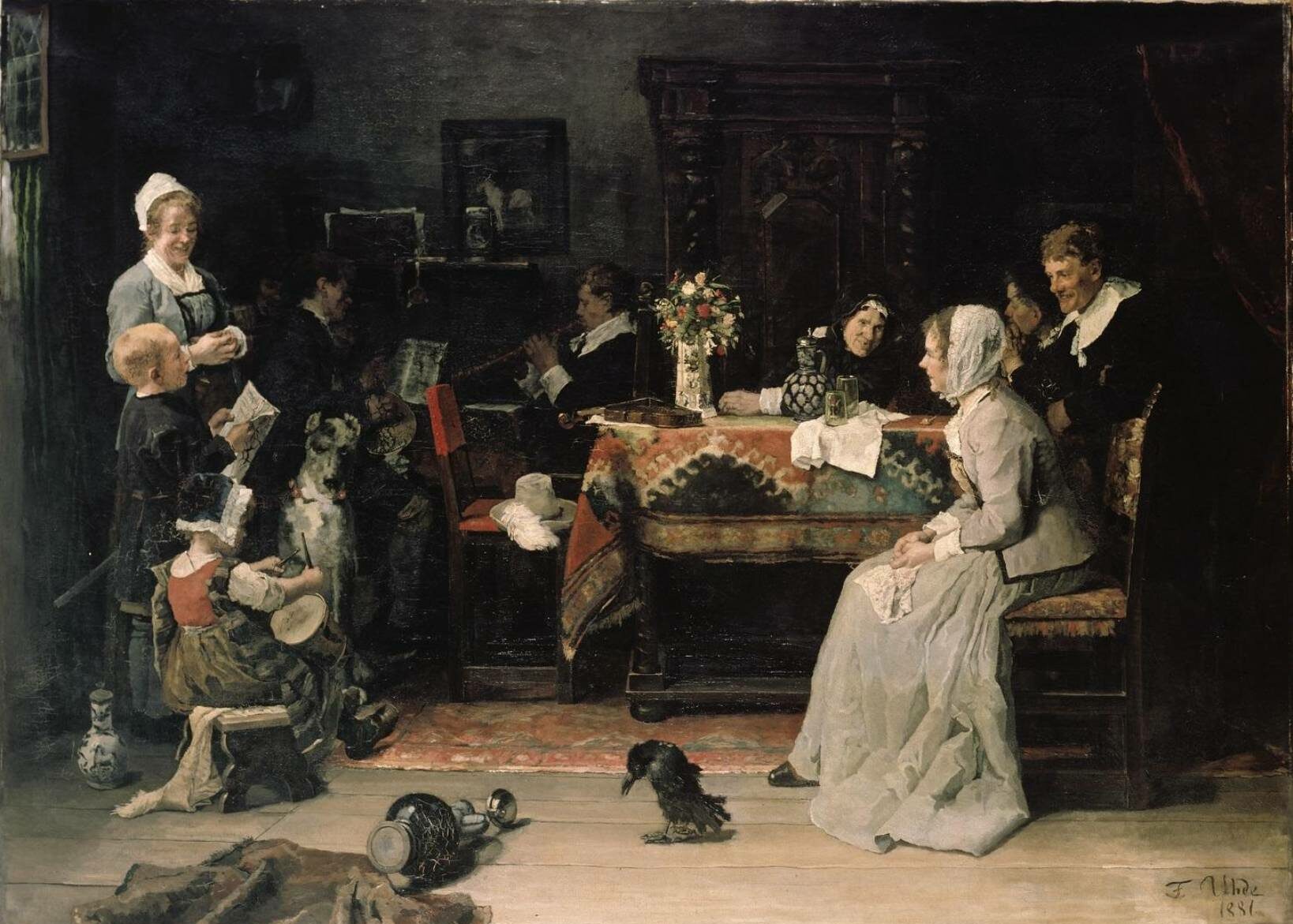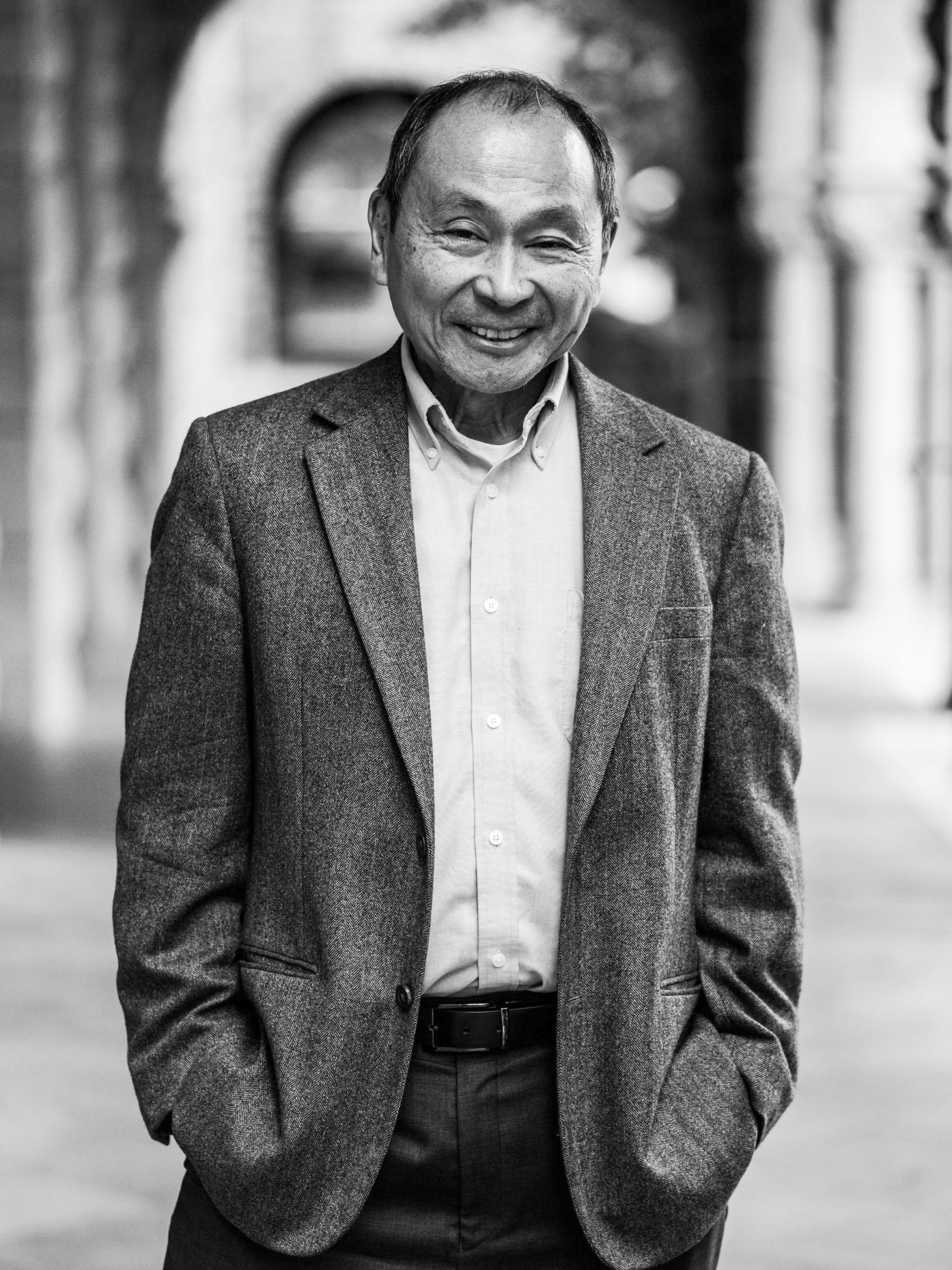
«The best way to make people better off is to leave them alone»
Bourgeois virtues have made us rich, says economist Deirdre McCloskey. Their decline could make us poor again.
Lesen Sie die deutsche Version hier.
Deirdre McCloskey, many classical liberals were surprised by the coercive overreach by governments in reaction to Covid-19. However, it seems that the trend toward more state power appeared before the pandemic emerged.
Yes. It’s more or less endless. My friends on the left, especially my economist friends, are statists. They believe that there are externalities and spillovers everywhere. And of course there are. Human life is spillovers.
And these are used to legitimize government interventions.
That’s the trouble. And this is reinforced by a quite long-standing journalistic convention that whenever something bad happens, the question arises: Why didn’t the government prevent or do something about it? And after it happens, the government is appealed to for help. I’m not an anarchist. We need a government. But we need the kind of restrained government that you have in Switzerland. The ideology of statism among my economist colleagues and the kind of mommy-and-daddy-are-gonna-help-me attitude of the public need to be checked because they lead to the unnecessary, continual rise in the share of government expenditure and government regulation.
Do you see cultural factors at work?
Very much so. One hundred years ago, in your country and mine, and most others, people relied more on their families for things such as old age insurance or health care. My great-grandmother, born in the 1890s, had a great big sick book of home medical advice. If her child got ill, she took care of it. Over and over again, it was individual families that were taking care of people, not the remote state. And yet, in all countries, in Sweden and the United States, even in Switzerland, the state has taken more and more of a role in such areas because of the rise of statism. However, the best way to make people better off is to leave them alone. Let them work and start small businesses.
Are bourgeois virtues in decline?
There is an anti-bourgeois line which was instituted by Karl Marx, the hero of my youth. It has expanded and become very pronounced among academics whose salaries are paid by the very bourgeoisie they detest. That’s a false position to be in. By contrast, I admire entrepreneurs and people in business. On the whole they do good. Some of them are bad, but so are some of our state masters, as well as some of our friends. Humans are imperfect. Yet, the system of the bourgeois virtues, the encouragement towards the honest supplying of goods has been very successful for two centuries. In 1800, Switzerland was extremely poor. Now, it is extremely rich. And that’s because Switzerland was an early and important example of respecting people in business.
«In 1800, Switzerland was extremely poor. Now, it is extremely rich. And that’s because Switzerland was an early and important example
of respecting people in business.»
What inspired you to write your book “Bourgeois Virtues”?
What inspired me was the revival in the 1950s and 60s of so-called virtue ethics. In the long 18th century, various other theories of ethics were developed, such as Contractarianism, involving the idea of the social contract where we agree amongst ourselves what’s good. Another was Kantianism, which prioritizes the virtue of justice. Or Utilitarianism, which elevates the virtue of prudence. The notion of virtue ethics presents an alternative, and I think it’s a superior one.
Why?
It fits better with humans, for the good reason that it’s talking about humans instead of some sort of ideal constructs. Immanuel Kant said that any rational being would follow what he calls the categorical imperative. I admire Kant very much, but it never made sense to me why he was theorizing about rational beings instead of Frenchmen or Swiss women, who are concrete people. Virtue ethics talks about real human behavior. Put simply, it talks about particular human virtues like hope, faith, love, prudence, justice, temperance, and courage. Proceeding from these seven, you can talk about all kinds of other virtues like honesty, generosity, and so forth.
Which of the virtues are the most important to you?
Once, as a young economist, I believed that prudence was the most important virtue. In fact, as a utilitarian, I thought that it was the only virtue and that everything is reducible to prudence. Prudence is what Saint Thomas Aquinas called the executive virtue, the virtue of knowing how to do things, how to get happier by doing things. But that’s of course not the role of a virtue like courage or hope. Hope, courage and prudence put together are the virtues of an entrepreneur.
What would be a concrete example of the anti-bourgeois line you adumbrated?
The whole ideology of the left is anti-bourgeois. Indeed, part of the ideology of the right is also anti-bourgeois. The right takes the view that hierarchies or inherited hierarchies are good, and that we should have more of them. For instance, the political philosopher Patrick Deneen from the University of Notre Dame wants women to go back into the kitchen and take care of the children. He wants priests to be more powerful. It’s a conservative Catholic view and it’s against commerce. On the left, one example is the Harvard political philosopher Michael Sandel, who believes that the market has gone too far, that we need to do things in ways other than the market. This ends up being anti-bourgeois in that it suggests that bureaucrats and regulators should keep bourgeois under control.
What about “woke” ideology? Would you say it’s also anti-bourgeois?
Yes, it is. Although, I think it’s virtuous to be awake. There is racism in the United States, just as there is patriarchy and misogyny. Just look at Donald Trump who brings them all together into one package. I have a problem with wokeness when it appeals to the state instead of relying on persuasion. I don’t mind people saying: “You should call me a ‘she,’ don’t call me a ‘he.’” I don’t actually care. In the United States and all English-speaking countries, Ms. has taken over Miss and Mrs. That didn’t come about because some state police said: “Now you mustn’t say that!” It was woke in its time but came through persuasion and was perfectly sensible. I’m a radical believer in free speech, but I’m not a believer in coercion.
It is freedom that has made capitalism superior to alternative systems. But now that we have artificial intelligence and it’s constantly improving, could this technology make statism or authoritarianism superior to capitalism?
I don’t think so. But who knows the future. If I knew the future, I would be rich – and I’m not. Naturally, AI can be used by fascist governments. In China, I was taken to a conference at a university specialized in technology. They were so proud because they had face recognition technology. They said: “Boy, this is wonderful! We can now watch every person in China.” I didn’t start screaming at them, but I thought to myself that this isn’t such a great idea. Any technology can be misused. The reason there’s a Nobel Prize is that Alfred Nobel invented dynamite. He invented it for use in mining and construction. But of course, it was also used by governments to blow up people.
You say that ideas have made us rich. But if it’s true that we have these waxing anti-bourgeois tendencies, could the ideas that are on the rise make us poor again?
Absolutely. Marxism made vast areas of the world poorer. Under Mao and Stalin, people were made worse off. Innovation and ideas are good in general, but not always, since they can also produce bad ideas and outcomes. Fascism was an invention of the early 20th century and communism was an invention of the mid-19th century. The power of kings was an invention of the Egyptians and the Chinese millennia ago, and was a bad idea. After all, in the Bible, God told the Israelites who wanted a king: Be careful what you wish for, because you might get it. In their case, they got King Saul.
«Innovation and ideas are good in general, but not always, since they can also produce bad ideas and outcomes.»
Do you have a remedy to bad ideas?
What we should be focusing on as economists, as financial thinkers, or as ordinary citizens, is the context for producing ideas. The most obvious point is that free speech and free thinking, allowing people to enter the race wherever they start from – which is what I call equality of permission – make for a vital, creative intellectual life, artistic life, or musical life. It’s completely obvious that slaves don’t innovate.














